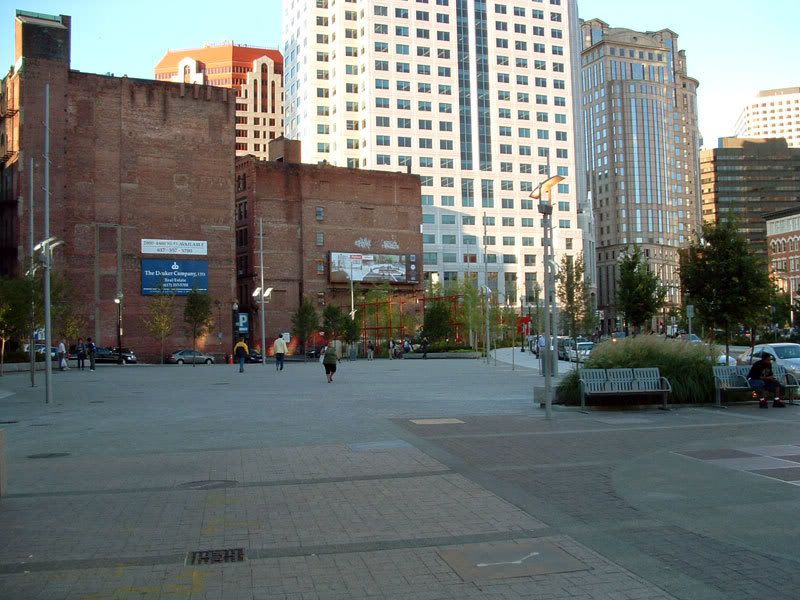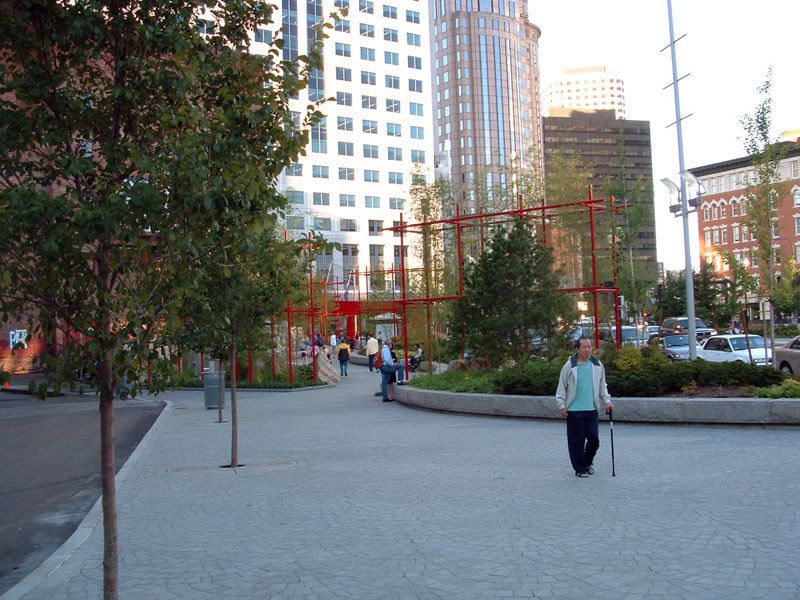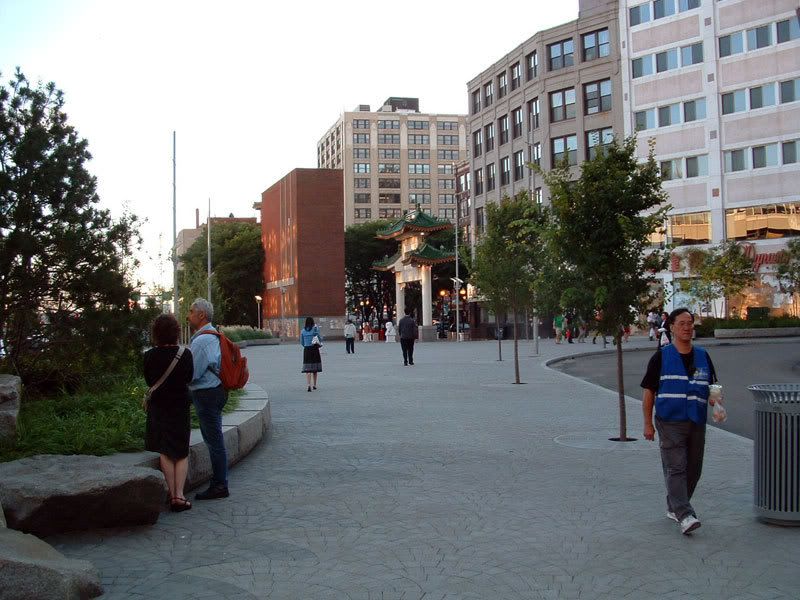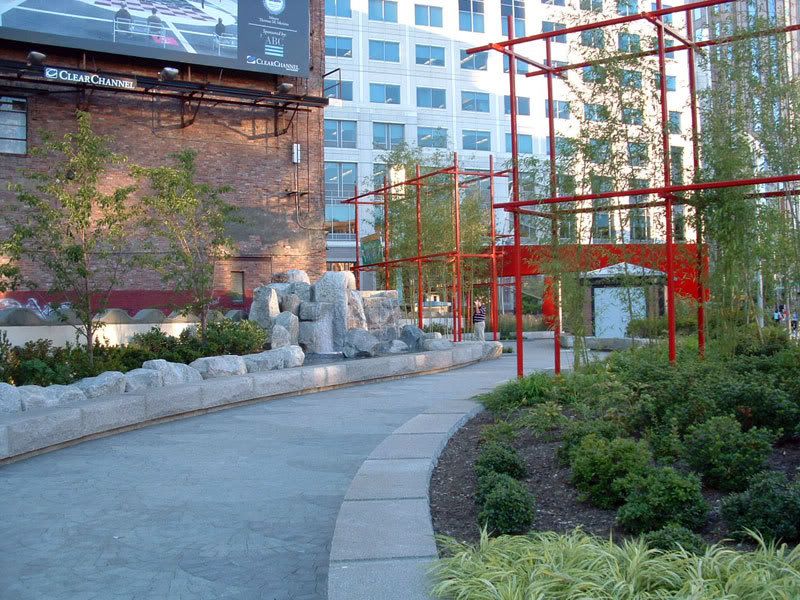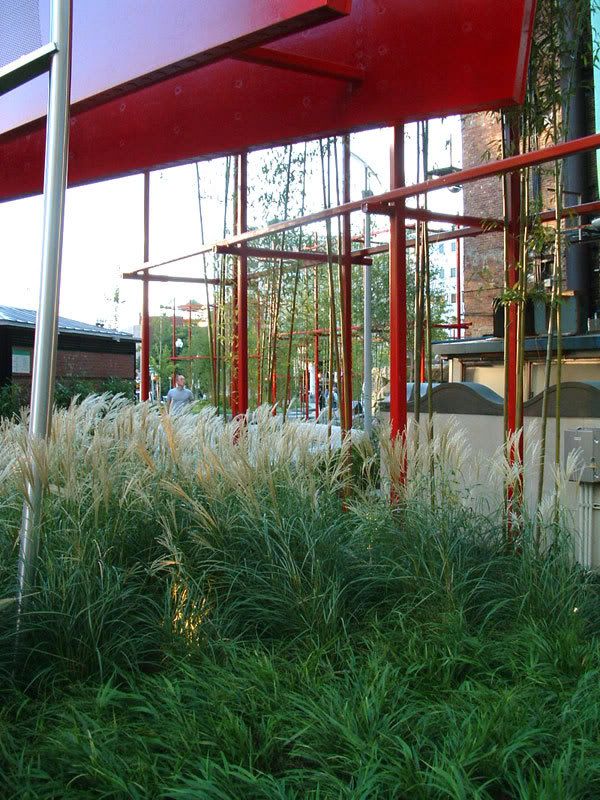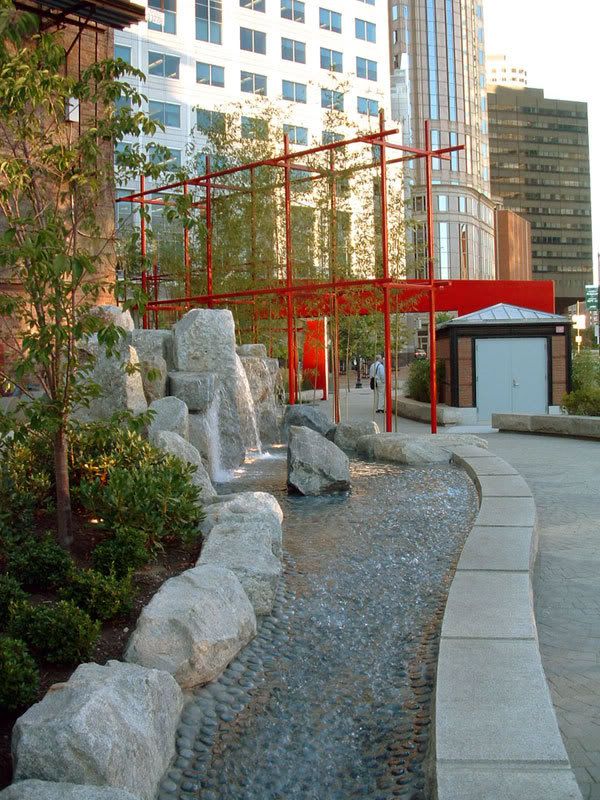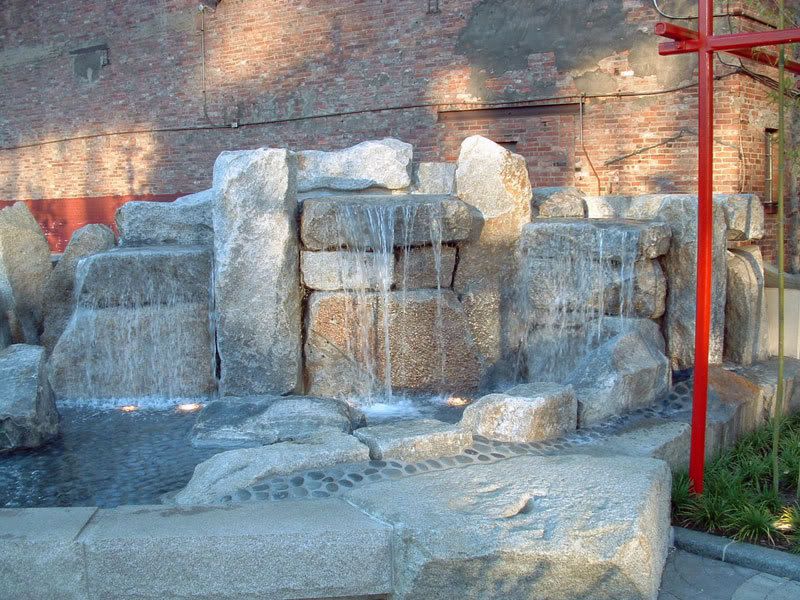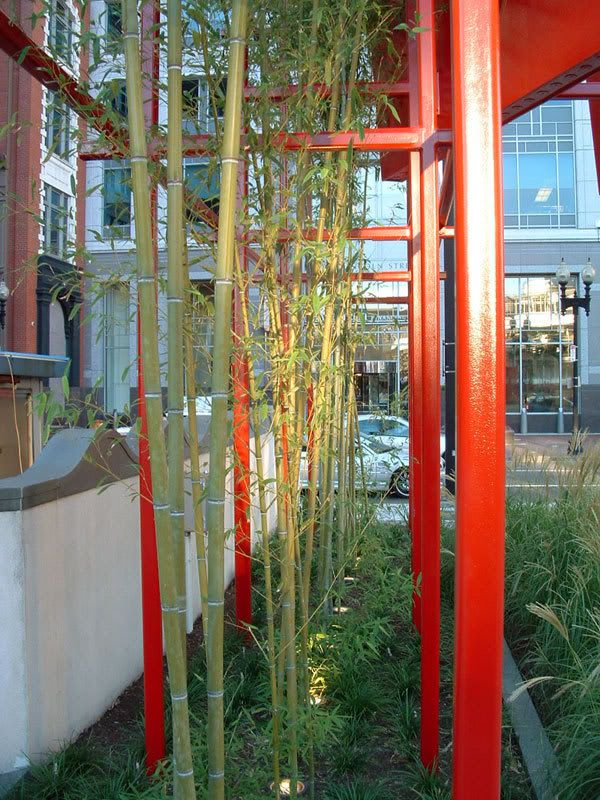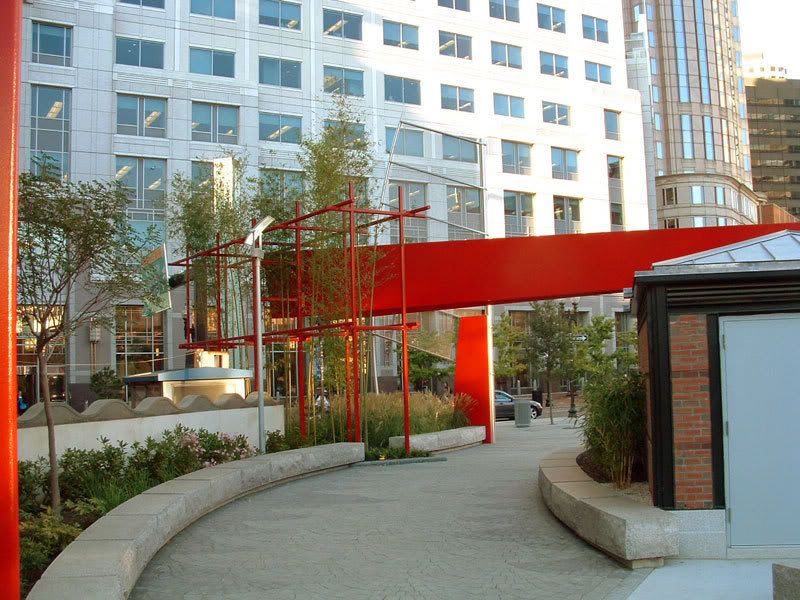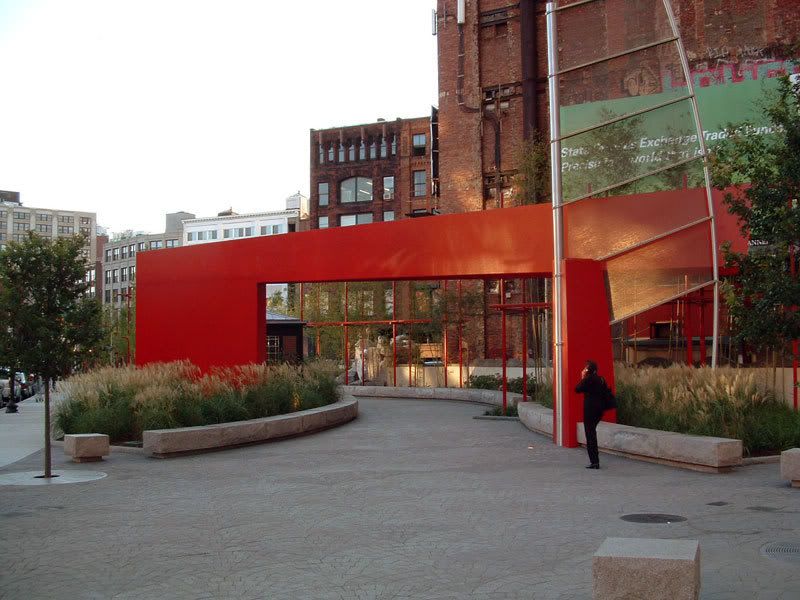Plan for Armenian park moves ahead
But full genocide memorial might not come to pass
By Thomas C. Palmer Jr., Globe Staff | September 11, 2007
An Armenian-American group's proposal for a park on the Rose Fitzgerald Kennedy Greenway to recognize the Armenian genocide in the early 20th century is suddenly moving forward.
Despite longstanding opposition to Greenway memorials - by park advocates and by the conservancy that is assuming control of the parks corridor - the Mayor's Central Artery Completion Task Force, the Boston Redevelopment Authority, and others are working to clear the way for the Armenian-American group.
It wants to donate and maintain the park, which would be built on a small block near Faneuil Hall Marketplace in downtown Boston.
Yet to be determined is whether the block in question, called Parcel 13, would be a park, a memorial, or some combination.
"We're trying to understand what a memorial is," Rob Tuchmann, cochairman of the task force, said yesterday.
"We're trying to work with the proponents to have words on a plaque which give recognition and appreciation to the donors, as opposed to a message of commemoration or a memorial."
The mayor's task force was scheduled to take up Parcel 13 at a meeting this morning, where it will ask an established North End community group to review the proposal.
That group, the North End Central Artery Advisory Committee, will be charged with setting up guidelines for a park on the half-acre between Commercial Street and Atlantic Avenue, near Christopher Columbus Park.
"We have been asked to participate in a public process, and we look forward to doing so," said James M. Kalustian, president of the Armenian Heritage Foundation, the group that is advancing the park plan.
Armenian-Americans in Watertown recently convinced the national Anti-Defamation League, a Jewish group, to acknowledge that the deaths of an estimated 1.5 million Armenians at the hands of Turks starting in 1915 amounted to genocide.
The memorial issue is highly charged.
Greenway planners and community members intended the string of parks, created when the old Central Artery was put underground as part of the Big Dig, to be free of memorials - unlike, say, the National Mall in Washington, D.C.
In addition, the Armenian proposal did not go through a "tripartite" process - involving the surrounding community, the Massachusetts Turnpike Authority, and the City of Boston - as other Greenway proposals did.
Rather, it emanated from special legislation in 2000 that directed the Massachusetts Turnpike Authority to try to find a place for a genocide memorial in Boston. The authority has since promoted a park, designed by a team led by Tellalian Associates Architects & Planners LLC of Boston, for the spot.
The state got involved in June when Ian A. Bowles, secretary of the Executive Office of Energy and Environmental Affairs, ruled the Turnpike Authority "did not follow the 'joint development' process outlined for the Greenway open space parcels." He directed the authority to help "frame an appropriate application of that process."
The proposed design of the park won praise from many, including opponents of locating it on the Greenway. It includes a 12-sided sculpture to recall the 12 former provinces of Armenia, a water jet and pool, and a labyrinth of paved stone and grass 60 feet in diameter.
City officials and others have suggested other locations for a full-fledged Armenian genocide memorial park, but the Armenian Heritage Foundation has said it isn't interested in other sites.
City officials have not pressed the issue.
"I think there's a hope everything can be worked out," said Peter Meade, chairman of the Greenway conservancy. His group's opposition to memorials on the Greenway, he said, "has been clear and longstanding and coincides with the spirit of what folks have been talking about for a long time."
Meade declined to say whether the conservancy would oppose a plaque that refers specifically to genocide.
Bernard Cohen, secretary of the Executive Office of Transportation and Public Works and chairman of the Turnpike Authority, said, "The process remains open to all proposals."
Thomas C. Palmer Jr. can be reached at
tpalmer@globe.com.



